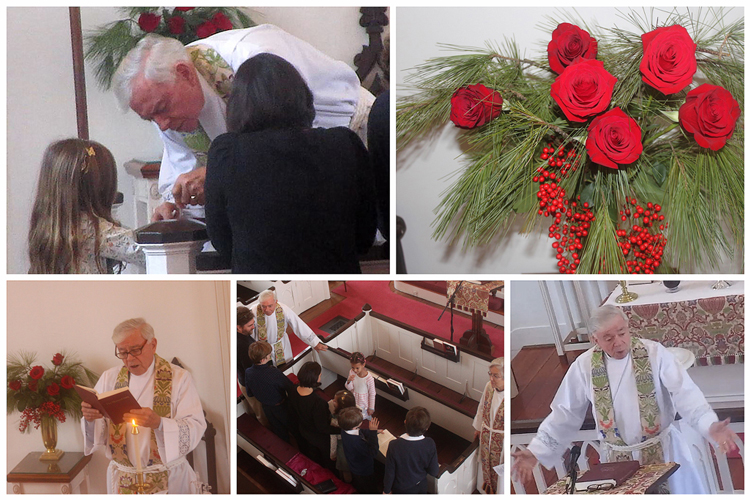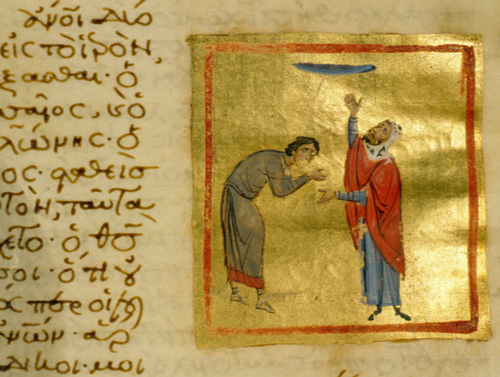
In our Baptismal Covenant we, along with traditional Christians around the globe, profess in the ancient Baptismal Creed the words: “I believe in… the communion of saints, … the resurrection of the body, and life everlasting.” (Book of Common Prayer, page 304)
From its very beginning, the Church understood the Body of Christ to encompass all baptized persons, both the living and the dead. Christ’s kingdom transcends time and space; and not even death can sever the relationship that the faithful have in Christ.
All are united in a mystical communion with Christ by virtue of baptism (1 Corinthians 6:11). The term saint was used by Paul to designate all baptized Christians (Romans 1:7; 2 Corinthians 1:1; Ephesians 1:1), even the unruly ones (1 Corinthians 1:2)!
In the New Testament, all those who believe and were baptized were referred to as saints. The word saint originally meant "holy".
On All Saints Day, we make celebrate this idea in the here and now by recognizing and celebrating our relationship, not only with those around us today, but also with all those who have gone before us in all times and place. They are connected in one communion.
All Saints is also a time for welcoming new members. Traditionally baptisms are held in the Episcopal Church at the Feast of the Baptism of our Lord, Easter, Pentecost, and All Saints.
It wasn’t until round about the third century that the church began using the word saint to refer to those who had been martyred for the faith
The early Church especially honored martyrs, those who had died for their faith. Praying for the dead is actually borrowed from Judaism, as recorded in 2 Maccabees 12:41-45 of the Apocrypha.
Local churches kept a record of their own martyrs and each year celebrated their “birthdays,” the dates of death when they were “born” into eternal life.
By the fourth century many parts of the Church had set a day of observance for their martyrs, their confessors (those who had been punished for their faith but did not die), and their virgins, all of those known by name and unknown.
The celebration of All Saints’ Day on November 1 began as a feast day commemorating all martyrs, confessors and virgin, including those whose names were not known. In the seventh century, Pope Boniface IV officially established All Saints’ Day in order to honor all the saints at one time.
It was originally celebrated on the first Sunday after Pentecost, and the Eastern Church still observes this date. In the eighth century, Pope Gregory III moved it to November 1.
The confusing aspect of saints is that we have many saints that we honor on specific days. However, there are many unknown or unsung Saints, who may have been forgotten. On All Saints’ Day, we celebrate these Holy Ones of the Lord, and ask for their prayers for us.
Since they are endowed with holiness, saints are close to God, and may perform miracles on earth. Roman Catholics, and some other Christians, honor saints and ask them for guidance in daily life.
Not only is All Saints an occasion on which we might celebrate this communion of saints with prayer, it is also a reminder of God’s desire to sanctify the lives of all God’s people. Too often Christians have used the term saint to describe only those of extraordinary sanctity who have been officially recognized (canonized) by the Church.
But the life of each Christian is to radiate the love of God given to us in Christ so that all the world might know that this love transforms lives.








